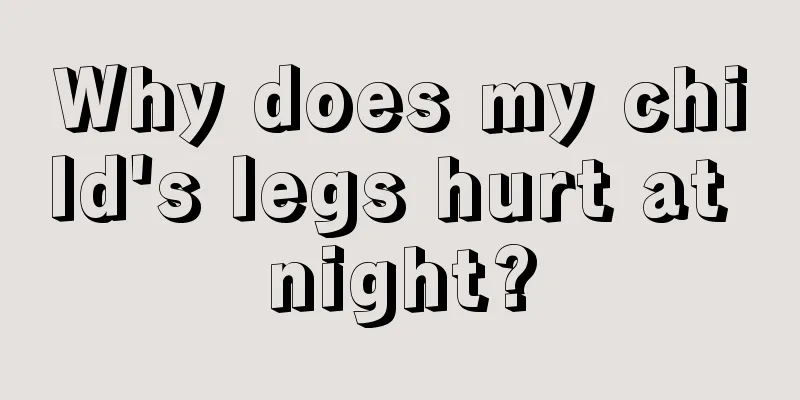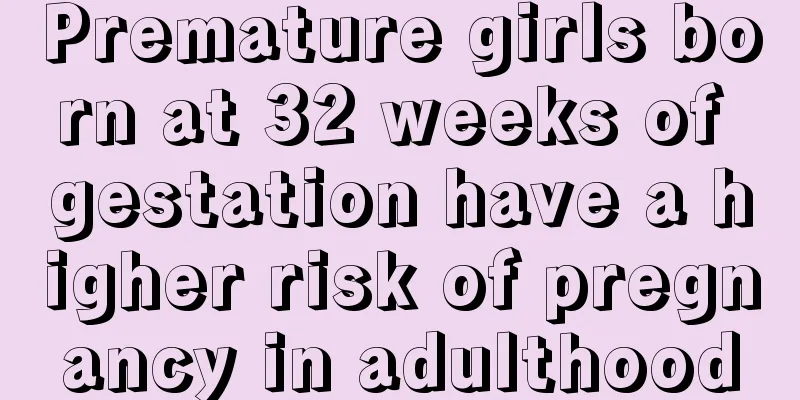Teenager suddenly stood up and blackened

|
The bodies of teenagers are in the fastest stage of development, and generally speaking, the bodies of normal teenagers are very healthy and strong. Some teenagers may experience blackouts if they suddenly stand up. This is actually a normal phenomenon. If you suddenly stand up after sitting for a while, you will suffer from lack of oxygen due to the lack of adaptation, which will lead to black spots and dizziness. So, what should teenagers do if they suddenly stand up and turn black? Do you feel dizzy when you suddenly stand up? This condition is called postural hypotension. The symptom of orthostatic hypotension is that when we suddenly stand up while lying or squatting, our blood pressure will drop instantly, causing dizziness or even fainting, but it will recover on its own after a while. This type of low blood pressure is common in the elderly, pregnant women, people who are bedridden for a long time, etc. Studies have found that the use of antihypertensive drugs increases the incidence of orthostatic hypotension. Among them, low blood pressure in pregnant women is mostly temporary and will recover after giving birth. For healthy young people, if they suddenly stand up while lying down or squatting, they may experience similar symptoms, so there is no need to worry. So, from a medical perspective, what exactly is low blood pressure? What is hypotension? Does it matter? Generally speaking, an adult's systolic blood pressure (commonly known as high blood pressure) below 90 mmHg or diastolic blood pressure (commonly known as low blood pressure) below 60 mmHg is considered to have low blood pressure. However, this does not mean that you need to seek medical attention or take appropriate measures once your blood pressure drops below 90/60 mmHg. First of all, the normal blood pressure range is based on surveys and statistics on a large number of people. Most people are normal within this range, and for a few people, even if their blood pressure is lower than 90/60 mmHg, it may be normal if they do not have corresponding symptoms. This means that if your blood pressure is at 85/55 mmHg for a long time, but you don't feel any discomfort in your life, it doesn't matter if your blood pressure is a little lower. Secondly, sleep, pregnancy, different body postures, eating different foods or taking certain medications can cause temporary changes in blood pressure, and such blood pressure fluctuations are also normal. So, under what circumstances should we go to the hospital to seek medical help? Let’s continue looking at it. When do you need to go to the hospital? Occasionally having low blood pressure is not a big problem, but if it is low for a long time, you have to be careful. If this situation persists for a long time, you should pay attention to whether you have dizziness, lack of concentration, fatigue, black spots in front of your eyes, blurred vision, nausea, lack of energy, fear of cold, or even fainting. If so, you need to go to the hospital to seek help from a doctor. Blood pressure is low What should I pay attention to? When symptomatic hypotension occurs, you must go to the hospital for treatment. It is critical and important to find out the cause, and targeted drug treatment is required. Of course, we also need to cooperate with the treatment and improve the following lifestyles: 1. Ensure nutrition and eat more salt if necessary Eating more salt can help raise blood pressure, but it may also increase the risk of heart failure (the risk is higher in the elderly), so before choosing whether to eat more salt and how much to eat, be sure to consult a doctor's advice, and then make some adjustments based on your physical condition. 2. Drink more water and less alcohol Drinking water increases blood volume and reduces the risk of dehydration, but alcohol can cause blood pressure to drop by dilating blood vessels. 3. Wear compression stockings Compression stockings can redistribute some of the blood volume in the lower limbs and relieve symptoms. 4. Elevate your lower limbs If you experience related symptoms, be sure to lie down in bed immediately, raise your lower limbs above the level of your heart, so that the amount of blood returning to the heart increases and the symptoms are alleviated. |
<<: A bulge in the middle of the child's forehead
>>: What to do if a 4-year-old child has athlete's foot
Recommend
At what age should babies get the chickenpox vaccine
When children reach a certain age, they need to b...
What should I do if my child's face is red in patches?
Children's skin is relatively sensitive. If t...
What causes peeling of children's fingers?
Many children do not know how to maintain good hy...
3-year-old child with rhinitis
Adults feel miserable after suffering from rhinit...
Why is my baby breathing heavily?
Nowadays, any abnormality with a baby will "...
Training methods for children with cerebral palsy
Every parent hopes that their baby will be happy ...
Is ADHD in children treatable?
ADHD is a very serious problem for some children ...
What are the methods for children to lose weight?
Obesity seems to have become a common problem in ...
What to do if your eight-month-old baby crosses his eyes
We often see many newborn babies with crossed eye...
What should I do if my baby is allergic to belly button stickers?
Spring is a very beautiful season when flowers bl...
What are some folk remedies for children’s cough?
Coughing may not be a serious disease for adults....
What is the reason for the large gap between the deciduous teeth and front teeth?
When the baby's first tooth grows out, it is ...
What should I do if my child has recurring high fever?
Nowadays, there are many unscrupulous businesses ...
What are the clinical symptoms of baby’s abdominal bloating?
Mothers often see their babies with bloating. The...
What is the best way to put a newborn baby to sleep upside down?
Newborn babies need enough sleep to ensure the no...









